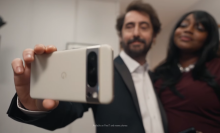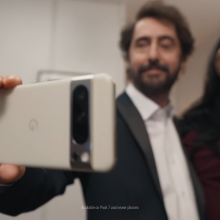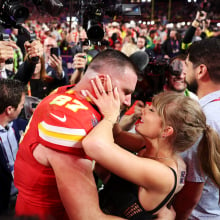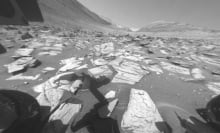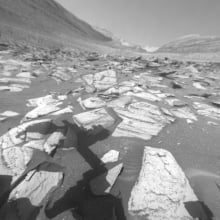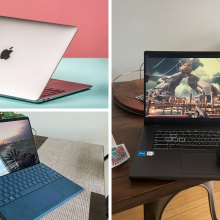While everyone else in the crowd holds up their smartphones, only the very best cameras for concert photography let you snap the perfect picture.
Whether it’s Taylor Swift’s "The Eras Tour" (how lucky are you?) or Big Time Rush’s "Can’t Get Enough Tour," 2023 has been an epic year for live music. Although making sure you have your tickets ready for show day and coming up with the perfect outfit are essential, so is solidifying how you’re going to capture your favorite moments from your favorite artists.
You’ve probably seen the countless TikTok videos on your “For You” page about how people have been using digital cameras at concerts to capture professional quality photos and videos that are clearer than their smartphone. Swifties alone have created an entire sub-genre on TikTok about how to best record "The Eras Tour" memories.
To find the best camera for concert photography, I tested popular cameras from Sony, Leica, and Fujifilm. I took hundreds (thousands?) of photographs and videos at recent concerts, and I also chatted with professional concert photographers.
What makes a good concert camera?
Good cameras are very expensive, so you'll want to be extra careful before making a purchase. To learn more about the best cameras for fans and photojournalists alike, we spoke to concert photographers Madison Raney (who has photographed artists including Twenty One Pilots and Blink-182) and Janet Eckles (who has photographed artists including Hozier and Hayley Kiyoko).
Raney and Eckles told me that there are many cameras that can be used for concert photography, but if you're serious about capturing gorgeous photos and crystal clear videos, there are several key elements you should seek out.
Unless you have a press pass that lets you get right up next to the stage, I also found that zoom lenses, low-light capabilities, and continuous shooting provided me with the best results. Below, you can see some of the photographs I took while testing cameras.




It has a full-frame
“Getting a full-frame camera is always top of mind for me,” says Raney. “Full-frame cameras are going to produce higher-resolution photos as opposed to a crop sensor, which is especially important when you're shooting in low-light situations.”
By full-frame, Raney means a camera with a 36mm x 24mm image sensor, equivalent to the 35mm film cameras of old. To learn more about image sensors, check out Mashable's review of the best travel cameras.
It can handle a high ISO
Because you won't be able to use flash at most venues (and even if you technically can, it's still considered quite rude), the best concert cameras must be able to compensate for the lack of flash. “Your camera will need to be able to handle a high ISO (3200 or higher) without producing a ton of noticeable noise (grain),” says Eckles.
If you're already feeling lost, don't worry. Photography is much more complicated than simply pointing your smartphone at the stage. To get up to speed, you may want to brush up on photography jargon and concert photography for beginners.
Has a large resolution size
A good concert camera would and should have a large resolution size. “The larger resolution you have, the higher quality images you're going to get and the more detail you're going to retain in each image,” says Raney. Modern cameras most often use megapixels to measure resolution size. If you want to capture every possible facial twitch in T-Swift's face as she performs, then you'll want a high megapixel camera. Remember that these high resolution photos result in huge file sizes.
Can shoot in RAW
A camera that has the ability to shoot in both RAW and JPEG is key. “I'd highly recommend shooting in RAW as opposed to JPEG,” says Eckles. “The files will be a lot bigger, but there will be more information stored in the image so you can better manipulate shadows and tones later when editing.” For serious photographers, these RAW image files are essential to make every single picture look its best.
I put several digital cameras to the test by attending outdoor concerts and testing several photo and video functions of each. All of the cameras featured in this review have been tested by myself or someone else on the Mashable team.
Read on to discover more about my favorite concert cameras.

